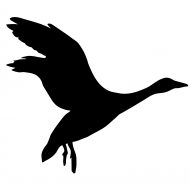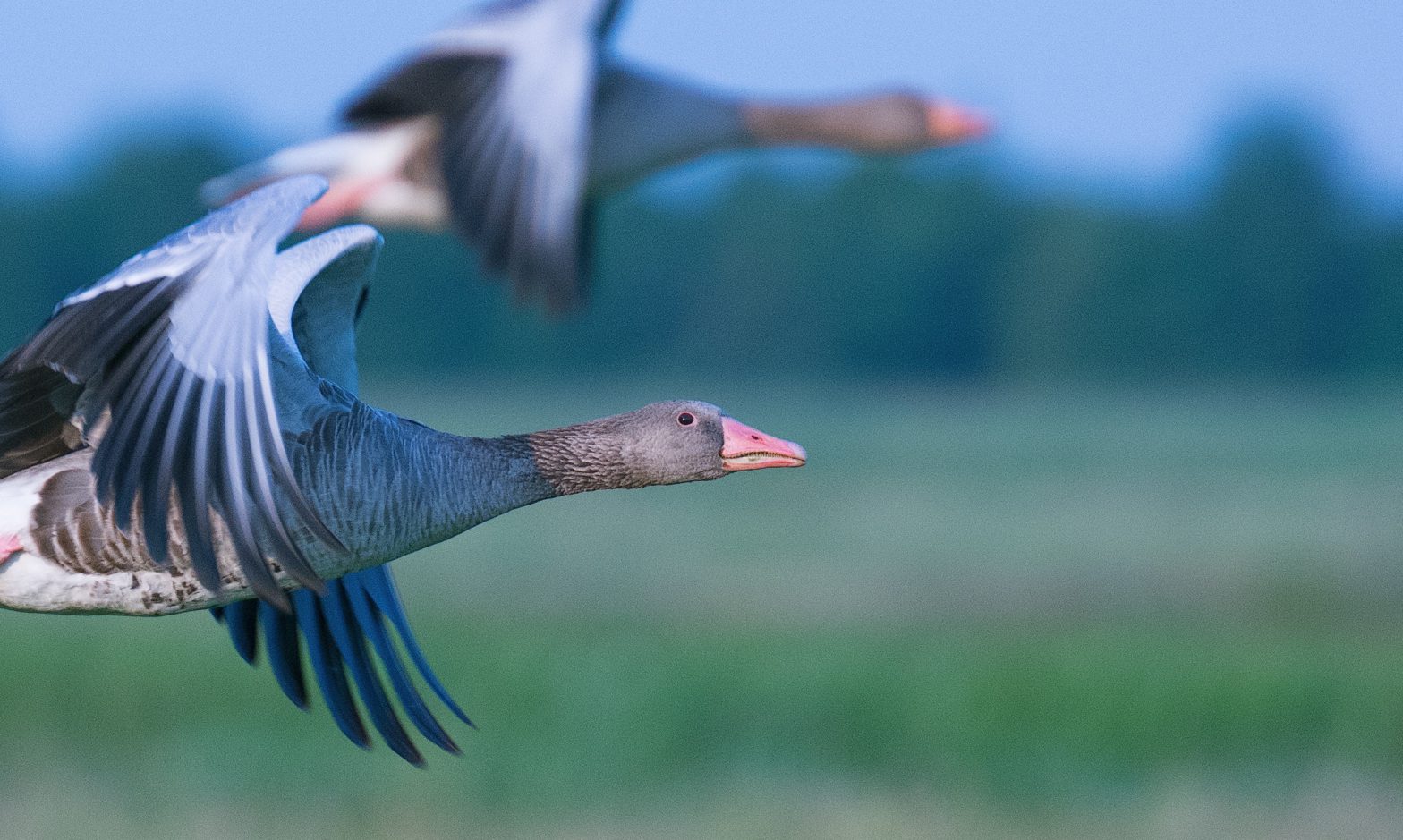We are Rich and Tracy Marisa, and we are wild goose chasers.
What does that mean? Sometimes, we think some of our friends and family might favor this definition:
A wild goose chase is a search that is completely unsuccessful and a waste of time because the person or thing being searched for does not exist or is somewhere else.
We have moved from place to place and occasionally rambled, but we have found successes and blessings and discoveries, so we don’t like that definition.
Dr David McInnis of the University of Melbourne describes another facet of the wild goose chase [1]:
We say we’ve been sent on a wild goose chase when we’ve undertaken a hopeless quest; as if trying to catch an elusive wild goose. The OED cites Shakespeare as its earliest example. In Romeo and Juliet, Romeo and Mercutio are engaged in a word game about whips and spurs, leading Mercutio to accuse Romeo’s wits of having run a wild goose chase.
I guess the meaning could be self-evident, but a few years earlier in 1593, the English poet Gervase Markham published a book about horsemanship that uses the phrase “wild goose chase” at least six times. In this context it is clear that at some point, people understood the “wild goose chase” to be a complicated type of horse riding challenge or competition – another kind of difficult quest or task.
Apparently an expert horseman would set out on a challenging route, and lesser riders would strive to precisely follow the set trail. That’s not us, we’re not really followers.
Our pastor put us on to a wonderful book titled Wild Goose Chase by Mark Batterson [2]. Batterson describes a different wild goose chase like this:
“Celtic Christians had a name for the Holy Spirit–An Geadh-Glas, or ‘the Wild Goose.’ The name hints at mystery. Much like a wild goose, the Spirit of God cannot be tracked or tamed. An element of danger, an air of unpredictability surround Him. And while the name may sound a little sacrilegious, I cannot think of a better description of what it’s like to follow the Spirit through life.”
We like this last one.
Let us say we are drawn to mystery and adventure, and we try to find them in life everyday.
We’ll try to record some of our goose chasing on these pages.
References
[1] To be or not to be … original, by Dr David McInnis. https://pursuit.unimelb.edu.au/articles/to-be-or-not-to-be-original
[2] Wild Goose Chase: Reclaiming the Adventure of Pursuing God, by Mark Patterson. https://www.amazon.com/Wild-Goose-Chase-Adventure-Pursuing/dp/1590527194

